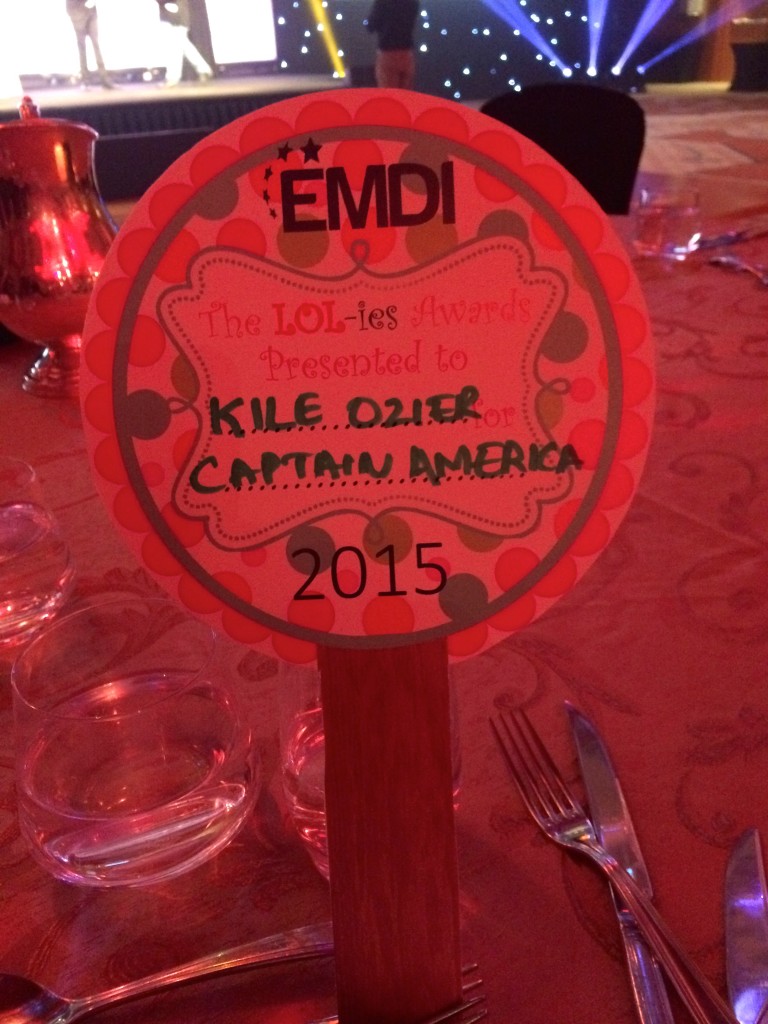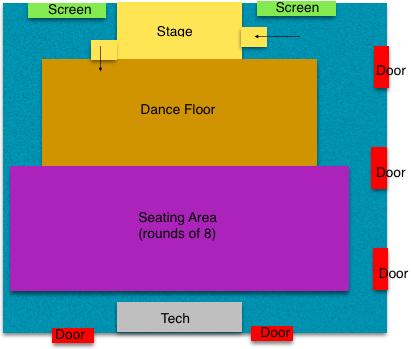Money changes everything
Money, money changes everything
We think we know what we’re doin’
That don’t mean a thing
It’s all in the past now
Money changes everything
They shake your hand and they smile
And they buy you a drink
They say we’ll be your friends
We’ll stick with you till the end
Ah but everybody’s only
Looking out for themselves
And you say well who can you trust
I’ll tell you it’s just
Nobody else’s money
Thomas Gray for Cyndi Lauper – 1983
When all is said and done, this is about Respect.
You want to build a team, a network of people willing if not downright looking forward to working with you; to join your team and create amazing things, to return to your teams – time and again – and continue to build great things?
Well then:
Respect them, and show them they are Respected.
Respect the deals that are made and never make anyone have to ask for their money.
Of key importance is that we remember that:
- Putting people in a position to have to ask for their money, especially more than once, is demeaning to and disrespectful of them.
- These people are working for you, they are not working for your client. When your client pays you is irrelevant to when you pay your people. This is a tough part of owning one’s own business, though it remains a line it is imperative not be crossed.
- Unless otherwise decided and contracted or agreed, all Talent and Show Crew should walk away from the theatre on the night of the show or on the day of the end of a project with a check in hand, fully paid.
Building a Team and a Network of Loyalty
Paying people on time; keeping money agreements (all agreements, really; but today’s topic is Money); these are a foundation for building and maintaining trusting, productive, fruitful ongoing relationships with vendors, freelance production professionals and talent…all with whom one works and with whom one hopes to work, again.
Frankly, it’s a great opportunity for reinforcing the bond that has been established through working together, after the curtain has dropped and during load-out, to be able to circulate among one’s crew and team, handing these men and women their envelopes, looking them in the eye while personally thanking them for the gift of their efforts, skills and talents in support of the vision…your vision that has likely become a collective vision as y’all’ve worked side-by-side on making it happen.
(In my case this process more often involves hugs and a few happy tears…but that’s just me.)
As a freelancer, back in my early days in San Francisco, I discovered that when I offered a 5% discount for being paid on the day of the event, the City of San Francisco would jump on that and I would be paid on the day of the event…saving me weeks of wondering when I’d see the money AND keeping relationships comfy and clean for years of successive projects at and around City Hall.
[Personal Note: I did try that “discount thing” here in Dubai, with the result that the client paid me a week late AND took the discount! So, that isn’t necessarily a foolproof technique.]
The point is that the actual payment of agreed-upon fees directly affects the working relationship. Keep it clean and free of doubt; it will come back to you a thousandfold in respect, loyalty, performance.
Now: About Time
Looking back across the table to deliverables and deadlines; again…
- Keep the Agreement
- Be on Time
- Deliver on time
- Make the call on time
- Do whatever you said you’d do on time…
- Avoid keeping people waiting, whether they be teammates, colleagues or audience members
We’ve talked before about Time, specifically about the Power of Time with “Time and Timing” and the full grasp and mapping of Time in “Time & Timing – Rudiment to Complement” .
So, today, a brief rant-ette on the ramifications of inattention to Time.
Time Agreements – making and keeping them.
As freelance, staff, vendor or colleague; one’s Time Agreements are of vital imortance to the perceived integrity and very real dependability of oneself and the value of one’s word.
Just as the above conversation of payment on time supports Trust in Professional Relationships; so, too, do all Time Agreements serve to strengthen and support one’s integrity and the tenor of the Team one builds and with which one works.
As has been cited in this space, before: one person arriving ten minutes late to a meeting of six colleagues has effectively wasted 60 expensive minutes; a full hour of staff time. Lateness has a price in the micro and the macro; irrespective of the reason for it, there is rarely rationale.
- be on time
- pay on time
- deliver on time – or early
…and the moment one knows one is not going to arrive / pay / deliver on time is the time to alert the concerned parties. Announcing one is late at the moment one is late is pointless; by then, that secret is already out. This applies, by the way, to ANY moment after people have begun to travel to gather for said meeting or function.
…And to perception. Meetings and professional commitments are not free-standing. People plan their days and work flow around meetings such that a cancellation even a few hours beforehand does not alleviate serious negative fallout. Companies staff up based on delivery schedules; failure to meet that schedule can cost significant amounts of money in lost or idle staff time (and overtime when running to compensate for your lateness). Be sensitive to the ramifications of failure to keep agreements, to keep one’s word.
People and companies make plans based on agreements made. Failure to adhere to agreements can have ramifications far beyond anything one might see or assume.
Don’t commit unless you can do it; and don’t fail to do it if you commit. Less than that is less than honorable. Respect your own word.
We are part of a team. Successive teams. Part of a relationship or network of relationships that depend on trust and integrity to function fully well. From Individuals to Agencies to Corporations; we are all bound to Keep Our Word; and no context is too small to merit full commitment to integrity.
No context is too small to merit full commitment to Integrity.
———————
Billions of readers throughout the Milky Way and Andromeda Galaxies have discovered “IMHO: Creating Compelling Experience.” A free, downloadable eBook on the tenets and methodologies we use to…create compelling experience. The book can be found in the iBooks app on any Apple device, in iTunes or at this link.




